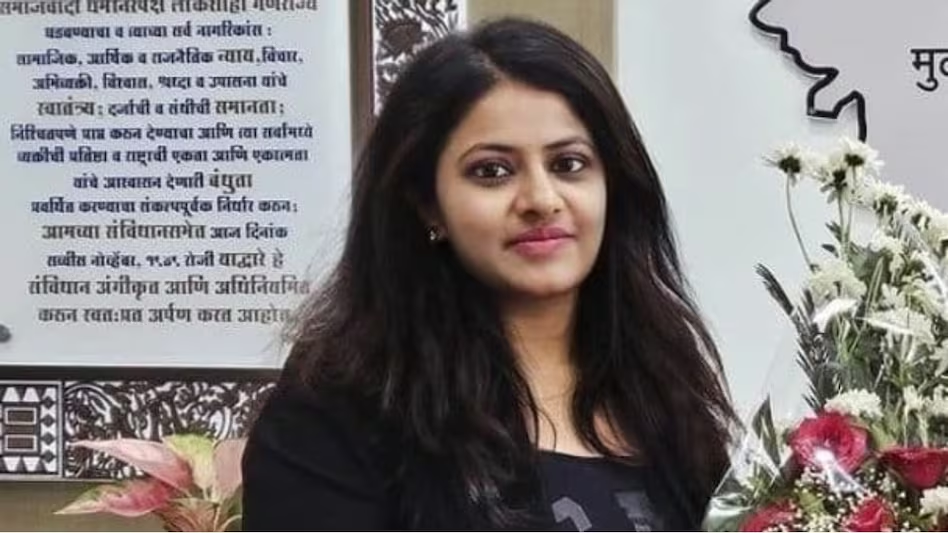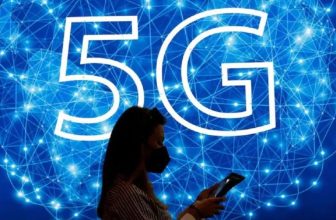
Introduction
The recent controversy surrounding Puja Khedkar, a former IAS trainee, has sent shockwaves through the civil services community in India. The Union Public Service Commission (UPSC), the prestigious body responsible for selecting India’s top bureaucrats, has found itself in the spotlight after disqualifying Khedkar on serious charges of identity manipulation and fraud. This case has not only sparked widespread media attention but also raised significant questions about the integrity of the examination process and the measures in place to prevent such incidents.
Background
Who is Puja Khedkar?
Puja Khedkar was an aspirant who had made multiple attempts to crack the UPSC Civil Services Examination, one of the toughest and most competitive exams in India. After years of effort, she finally secured a rank in the 2022 exam, earning a place as a probationary officer in the Indian Administrative Service (IAS). However, her journey to this achievement has now come under scrutiny due to allegations that she manipulated her identity and violated examination rules.
The Allegations
Identity Manipulation
The core of the controversy revolves around allegations that Puja Khedkar manipulated her identity to gain extra attempts at the UPSC exams, beyond what is legally permitted. According to the UPSC, Khedkar had previously appeared for the exam under the name “Puja Diliprao Khedkar” and availed the benefits of the OBC (Other Backward Classes) quota. However, in her latest attempt, she allegedly changed her name to “Puja Manorama Dilip Khedkar” and also claimed benefits under the PwBD (Persons with Benchmark Disabilities) quota【7†source】.
This alleged manipulation allowed her to bypass the restrictions on the number of attempts a candidate can make. The UPSC, upon discovering these discrepancies, took the severe step of canceling her candidature and barring her from all future examinations【6†source】.
UPSC’s Actions
The UPSC’s response to these findings was swift and decisive. Not only did they disqualify her from the exam, but they also initiated criminal proceedings against Khedkar on charges of cheating, fraud, and forgery. This move underscores the seriousness of the allegations and the UPSC’s commitment to maintaining the integrity of the examination process.
Legal Response
Khedkar’s Defense
In the face of these serious charges, Puja Khedkar did not back down. Instead, she filed a petition in the Delhi High Court challenging the UPSC’s decision. In her legal defense, Khedkar argued that the UPSC, once it had selected and appointed her as a probationary officer, no longer had the authority to disqualify her. She claimed that such powers rested solely with the Department of Personnel and Training (DoPT) under the All India Services Act, 1954, and the relevant probationer rules【6†source】.
Khedkar further asserted that her identity had been consistently verified through biometric data across multiple examinations and that there had been no misrepresentation on her part. This defense has now set the stage for a legal battle that could have far-reaching implications for the future of the civil services selection process.
Ongoing Legal Battle
As the case unfolds in the Delhi High Court, it remains to be seen how the judiciary will respond to Khedkar’s arguments and the UPSC’s actions. The outcome of this case could potentially set a precedent for how such allegations are handled in the future and whether the UPSC’s powers can be legally challenged in this manner.
Public and Media Reactions
Social Media Buzz
The Puja Khedkar controversy has been a hot topic on social media platforms, with many users expressing their opinions on the case. Some have supported the UPSC’s actions, arguing that strict measures are necessary to maintain the sanctity of the examination process. Others have sympathized with Khedkar, questioning whether the UPSC acted within its legal rights.
Media Coverage
The mainstream media has also extensively covered the case, with different outlets offering varying perspectives. While some reports have focused on the legal aspects of Khedkar’s defense, others have highlighted the potential loopholes in the UPSC’s verification process that allowed such a situation to arise【6†source】【7†source】.
Implications for the UPSC and Aspirants
For the UPSC
This controversy poses a significant challenge to the UPSC’s reputation as a fair and transparent examination body. The allegations against Khedkar, if proven true, could lead to a reevaluation of the Commission’s verification processes and the introduction of stricter measures to prevent similar incidents in the future.
For Aspirants
For thousands of UPSC aspirants, this case serves as a cautionary tale. It underscores the importance of adhering strictly to the rules and regulations set by the Commission and the severe consequences of attempting to manipulate the system. The controversy also raises concerns about the fairness of the examination process and whether all candidates are held to the same standards.
Conclusion
The Puja Khedkar UPSC controversy is a complex and multifaceted issue that touches on important questions about integrity, fairness, and legal authority in India’s civil services examination process. As the legal proceedings continue, the case will undoubtedly remain in the public eye, serving as a critical test of the robustness of the systems in place to select the country’s top bureaucrats.
Call to Action
What are your thoughts on the Puja Khedkar controversy? Do you believe the UPSC acted within its rights, or do you think Khedkar’s legal arguments hold weight? Share your views in the comments below, and stay tuned for more updates on this developing story.
Here are the sources used in the blog:
- Hindustan Times report on Puja Khedkar’s alleged attempts to manipulate her identity for the UPSC exams and the resulting legal battle: Hindustan Times.
- Times of India’s coverage on the UPSC’s disqualification of Puja Khedkar and the initiation of criminal proceedings: Times of India.
These sources provide a detailed account of the controversy, including the allegations, legal responses, and the implications for both the UPSC and its aspirants.







